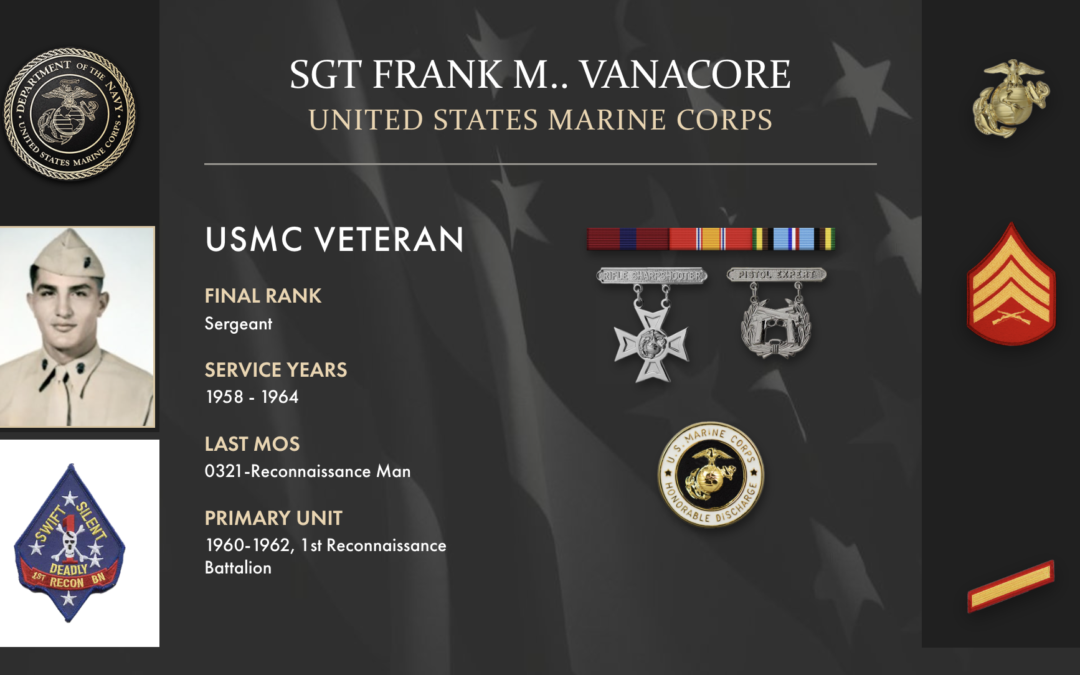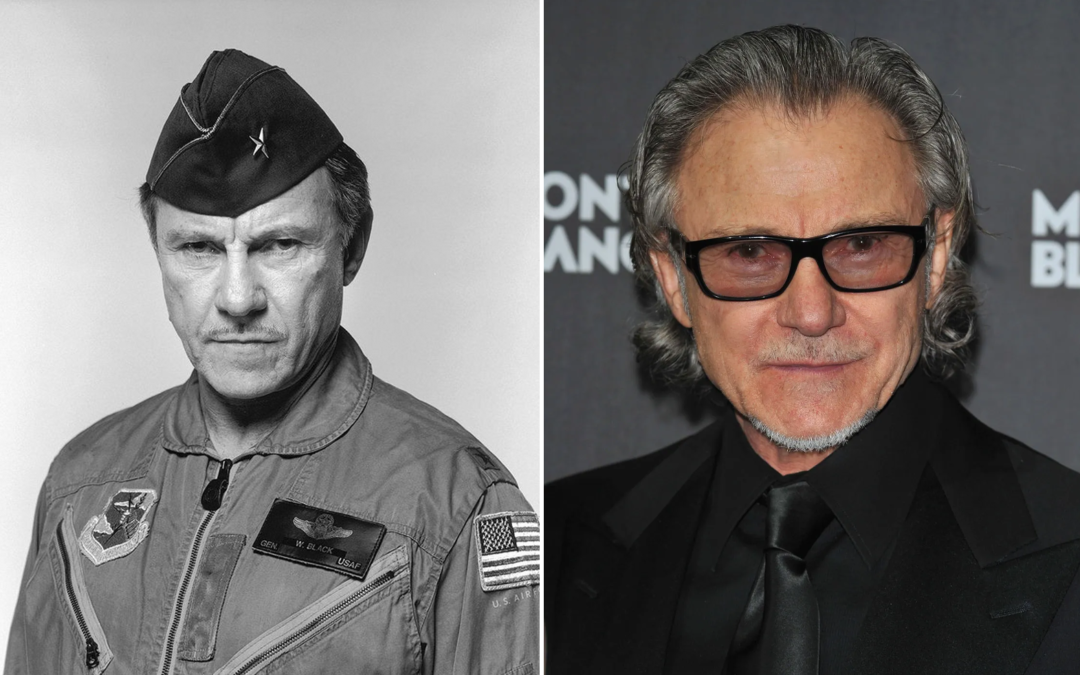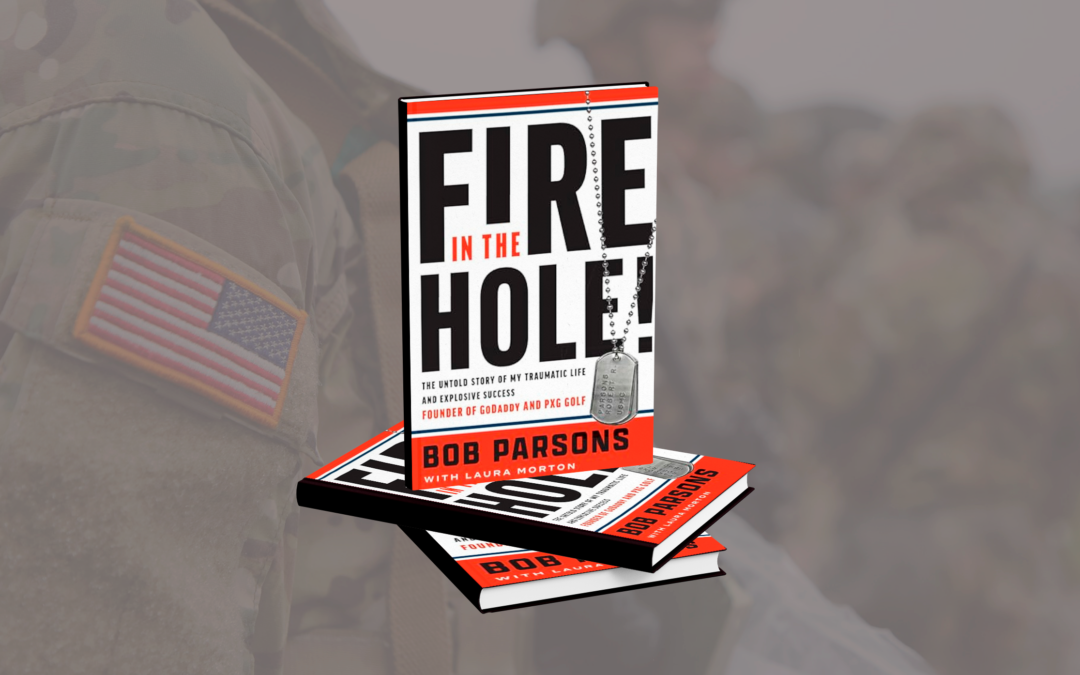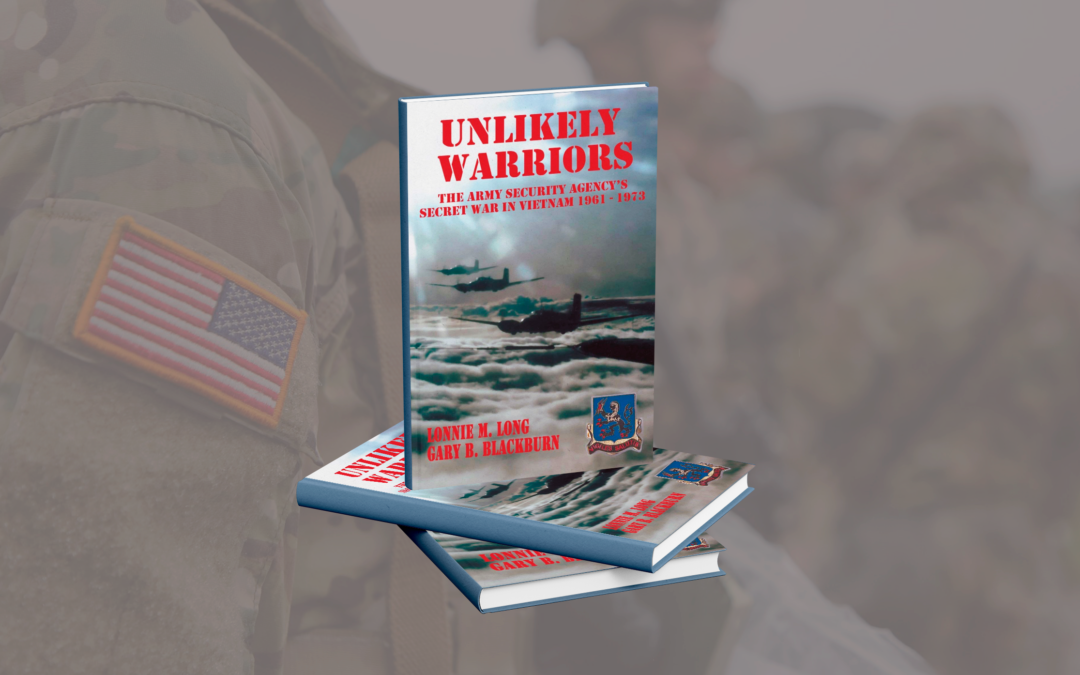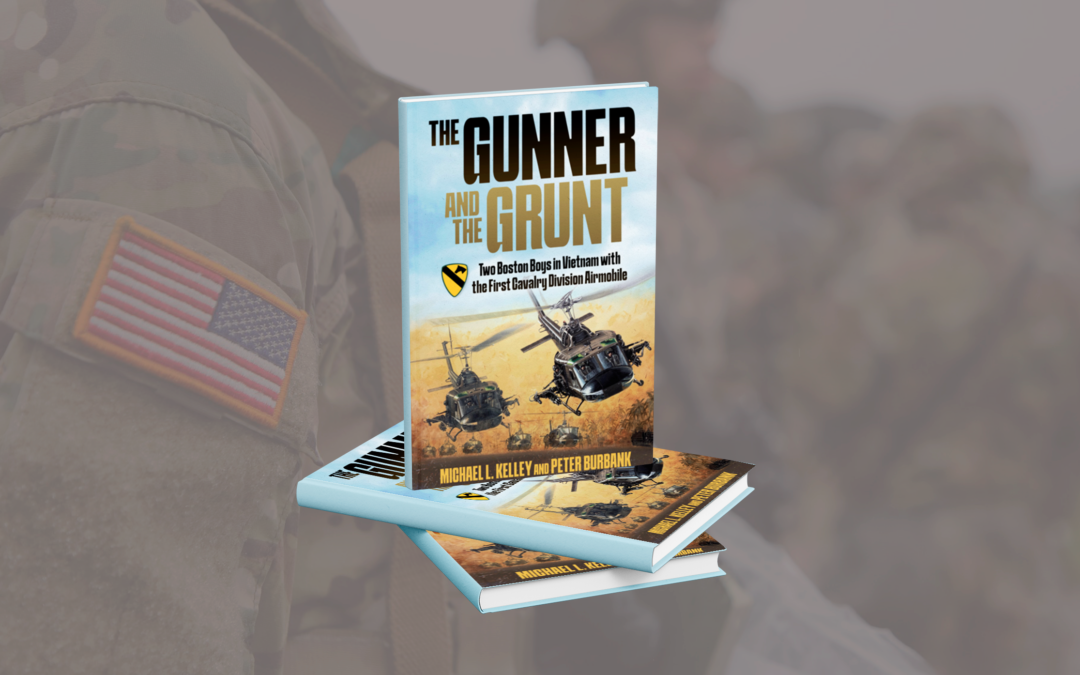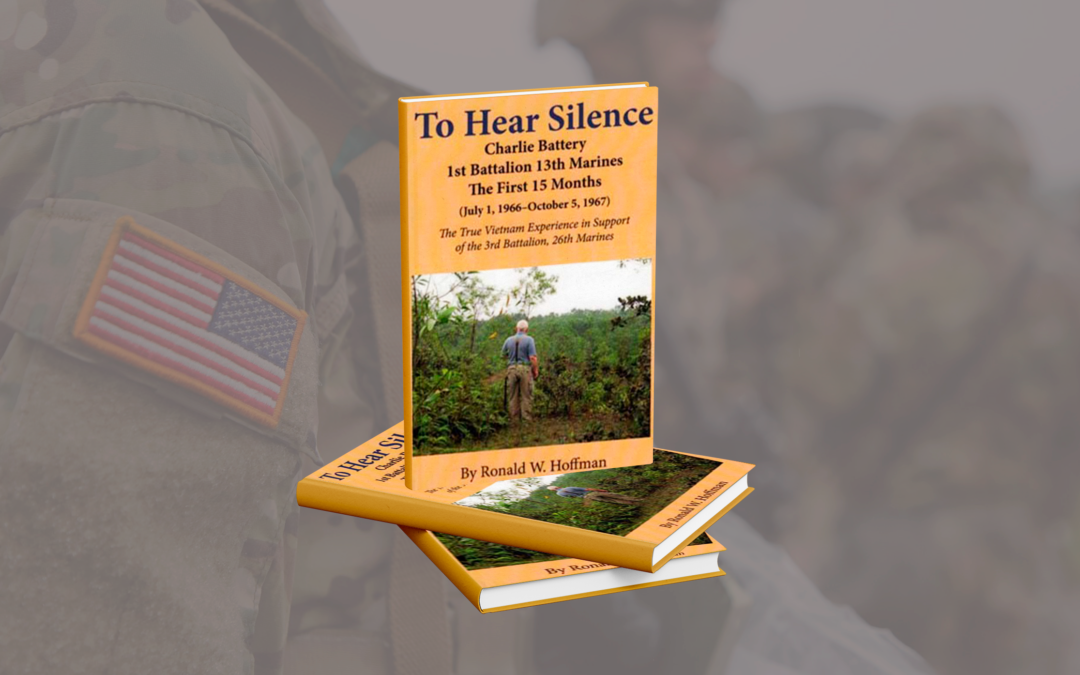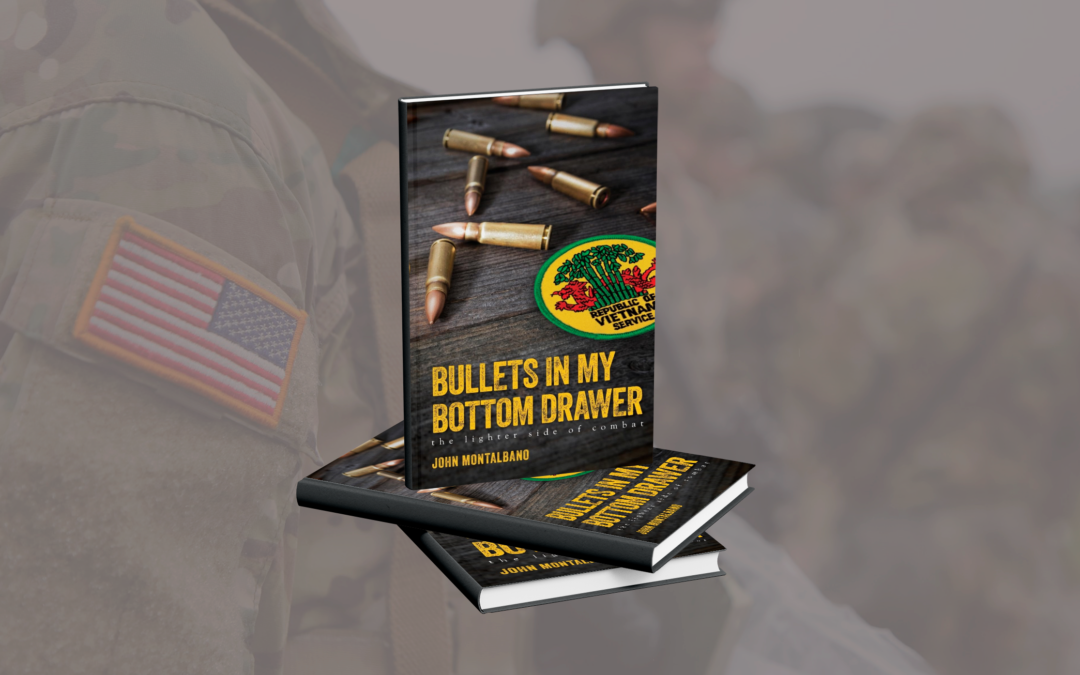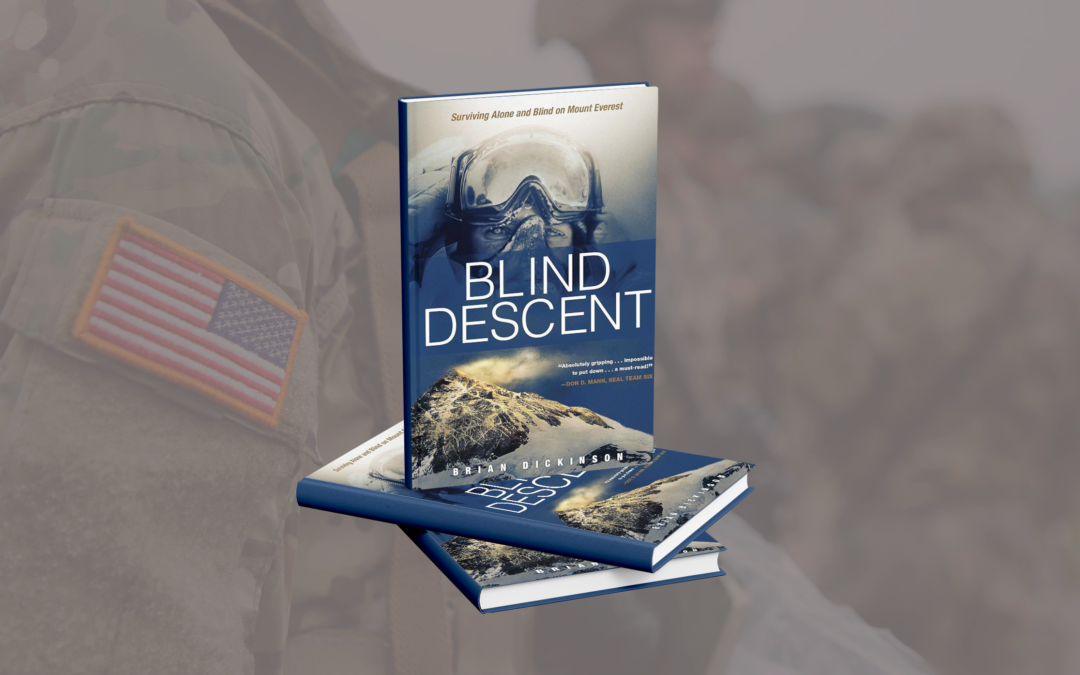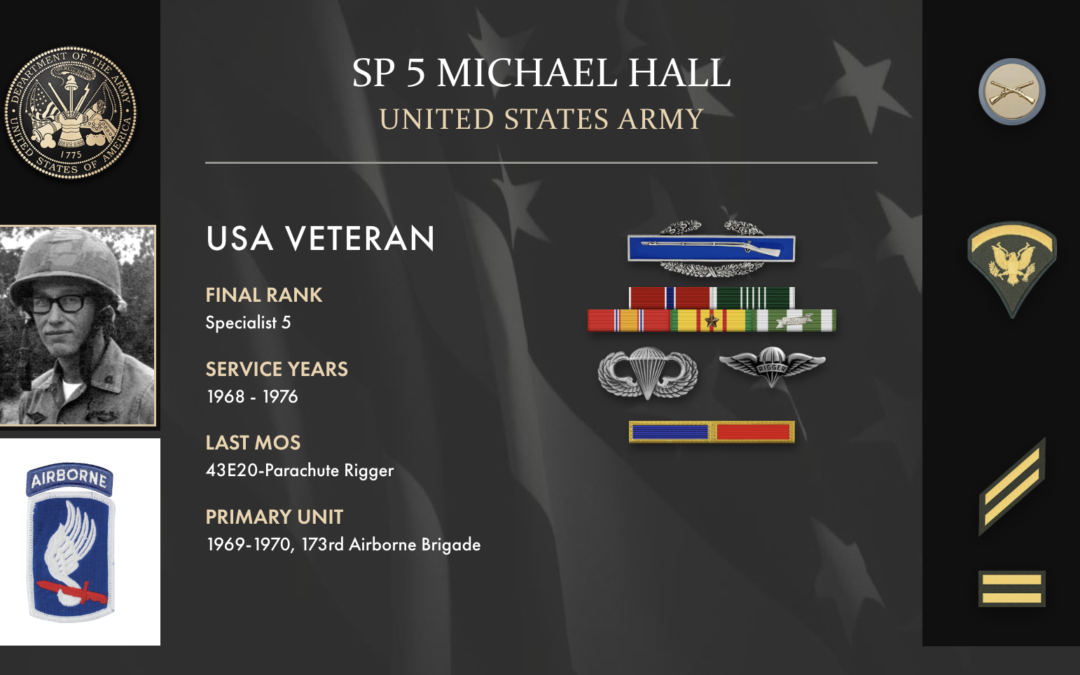I had a cousin who is a Marine. He was on Embassy duty somewhere in Germany or Austria, I believe. I was a senior in high school at the time and didn’t know the time that he was a Mustang. I still don’t know all the details. When I decided college wasn’t for me, I decided to join the service. I picked the Marine Corps because of my cousin. I asked him for some advice on boot camp. I still remember his words, “Keep your ears open and your mouth shut.” Great advice, and it worked. I do know that he retired as a Major and still lives in Orange County, California.
